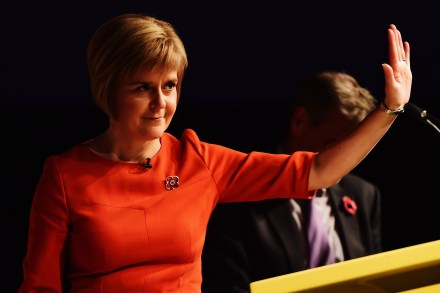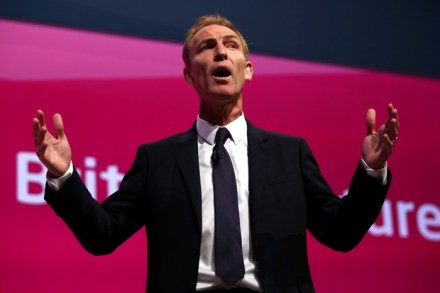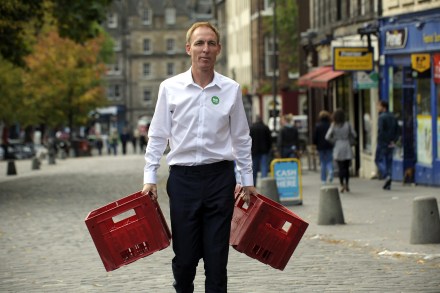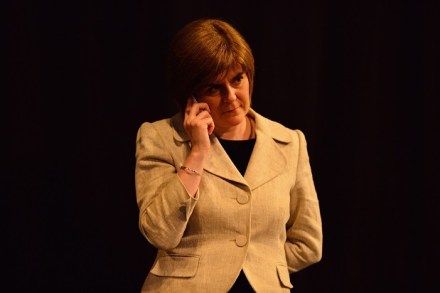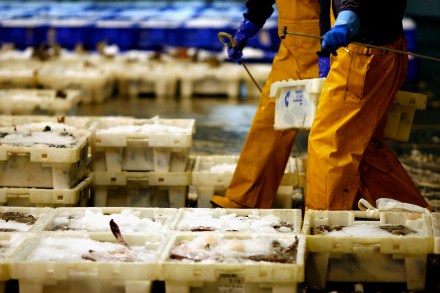Scotland’s Neverendum begins and there’s nothing Unionists can do to stop it
Oh look, it’s a Neverendum. Who could have predicted that the SNP (and the wider Yes movement) would treat defeat in the independence referendum as just a temporary set-back? Well, some people did. Here’s a thing from April: 55-45 will now be reckoned a decent result [for Unionists] but it’s not an outcome that will settle the matter. Not even for a generation. Of course, during the campaign itself the Nationalists had to pretend that a No vote would put the question of independence to bed for a generation. They were kidding and anyone who chose to believe assurances that the SNP had no desire for a Neverendum is guilty
